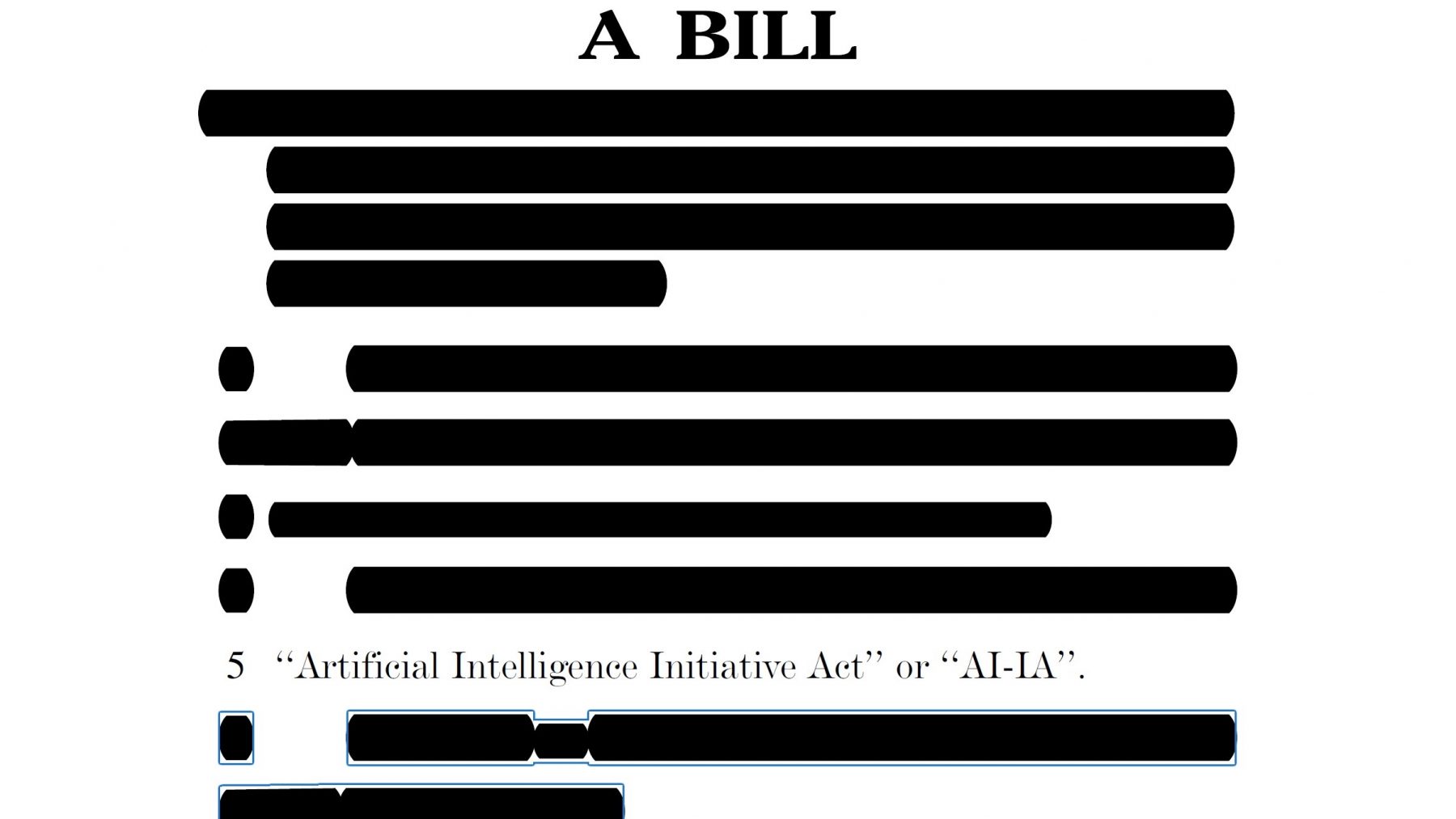May 26, 2019 | Srivats Shankar
A major investment legislation has been proposed in the US Senate

May 26, 2019 | Srivats Shankar
A major investment legislation has been proposed in the US Senate
Senators Martin Heinrich and Rob Portman have proposed the Artificial Intelligence Initiative Act, a legislation aimed towards enhancing the US position with reference to AI. The Bill proposes injecting $2.2 billion into different initiative that target the growth of AI (Artificial Intelligence). The Bill is fairly exhaustive with reference to the development of AI within the country. As is normally the case with AI Policy, we tend to focus on policy that regulates AI, ML (Machine Learning), and DL (Deep Learning), and associated disciplines. However, this Bill comes as a pleasant surprise in terms of offering a national framework for developing technology within its borders. For starts, it does not specify those areas in which investment should take this with regard to AI. Rather, it establishes multiple organizations that have the responsibility of managing and controlling how the development of technology takes place.
As part of its object clause, the legislation mentions that it is established for the purpose of developing a strategy to facilitate research and development among different agencies by the state. The goal of the initiative is to transfer and transmit knowledge across different state entities that engage in AI oriented research.
By design it aims to be broad-based in order to cover vast swaths of the field. In particular, its definition section offers an interesting insight into what a legislation for investing in AI might look like. Although, there are too many definitions to go through here, we will focus on one in particular – what is AI? Generally, by design most the decisions prefer to take a narrow definition for AI, since the focus on the regulation of AI. This in contrast offers a wide definition for AI, which includes the following characteristics:
This is supplemented by a definition of machine learning, which is identified as a subset of AI that gives computer the autonomous ability to progressively optimize performance of a specific talk based on data without being programmed to do so.
This is followed by mention of different organizations and the procedures that they need to follow for the purpose of ensuring that the initiative remains successful. They highlighted a number of point that needs to be established by the President, including promoting research, investment, education and so on. The Bill requires the establishment of a National Artificial Intelligence Coordination Office that is tasked with these duties, including providing support for different organizations. Apart from this, the Interagency Committee on Artificial Intelligence, and National Artificial Intelligence Advisory Committee, need to be established. They require a study on the usage of artificial intelligence in the workforce in order to know the scope of research required to improve livelihoods. A National Institute of Standards and Technology Artificial Intelligence Activity is designated in order to support and measure the developments.
Beyond the above statutory organization that are several other requirements and bodies specified that need to be established. Whether having these many organization would serve to facilitate or restrain the development of AI due to unnecessary procedure needs to be seen. It is nonetheless quite significant and could propel the US into a new age of technology with AI at its very core.

Srivats Shankar | May 02, 2022
The European Parliament adopted the recommendations of the Special Committee on Artificial Intelligence in the Digital Age providing a roadmap until the year 2030 regarding its impact on climate change, healthcare, and labor relations

Srivats Shankar | Mar 26, 2022
European Union reaches political agreement to introduce Digital Markets Act.

Maathangi Hariharan | Mar 22, 2021
/diːpfeɪk/
/ˌɑːtɪfɪʃl ˈdʒɛn(ə)r(ə)l ɪnˈtelɪɡəns/
/ˌɑːtɪfɪʃl ɪnˈtelɪɡəns/